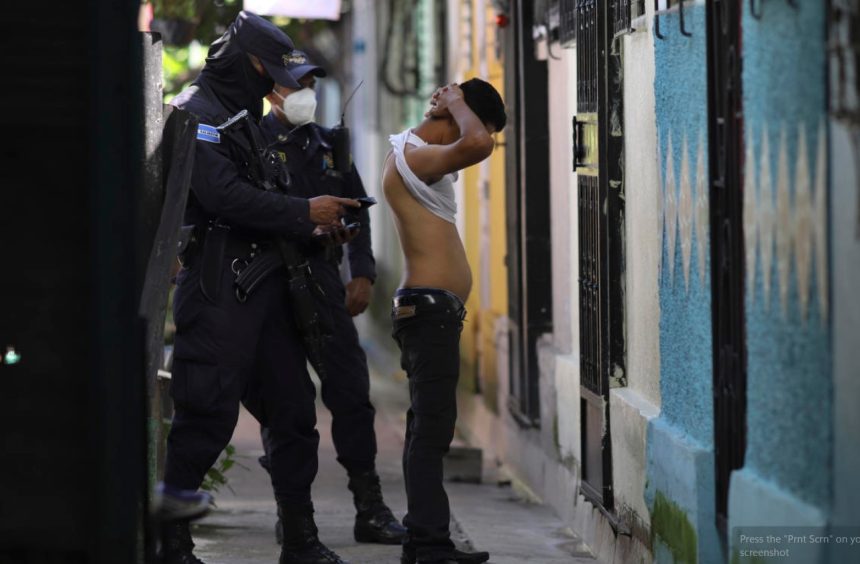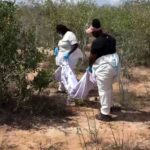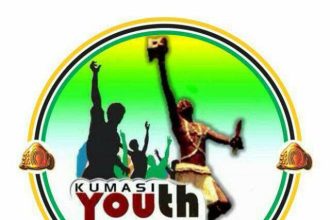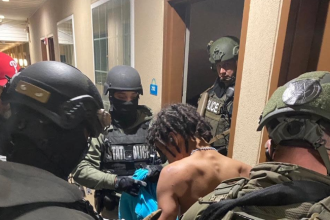Because of President Nayib Bukele’s strong anti-gang campaign, El Salvador is witnessing one of the greatest human rights crises since the country’s 1980-1992 civil war, according to Amnesty International in a report issued Tuesday.
According to the rights group, the over 74,000 persons imprisoned during the crackdown were subjected to “systematic use of torture and other mistreatment.”
“The deterioration in human rights that we have documented in recent years is extremely concerning,” said Ana Piquer, Amnesty International’s Americas director.
“The adoption of a highly repressive security policy, combined with the weakening of the rule of law, has led the country to one of its worst crises since the civil war,” Piquer said, referring to the 1980s struggle between Marxist rebels and government forces, which killed 75,000 people.
The research was based on 83 interviews conducted in El Salvador, including victims of abuse.
Two former prisoners who were serving out their sentences on a temporary basis were questioned by the Associated Press. They claimed to have been severely beaten by prison guards and to have seen such beatings.
Human rights organizations claim that during Bukele’s widespread sweep of alleged gang members, several young men were detained and imprisoned just because of their low-paying employment, lack of formal education, or area of residence.
According to local rights groups, the crackdown has resulted in at least 190 deaths and 327 missing persons.
El Salvador’s homicide rate has decreased as a result of the program, and Bukele has gained support from the public despite being prohibited by the constitution from seeking reelection.















